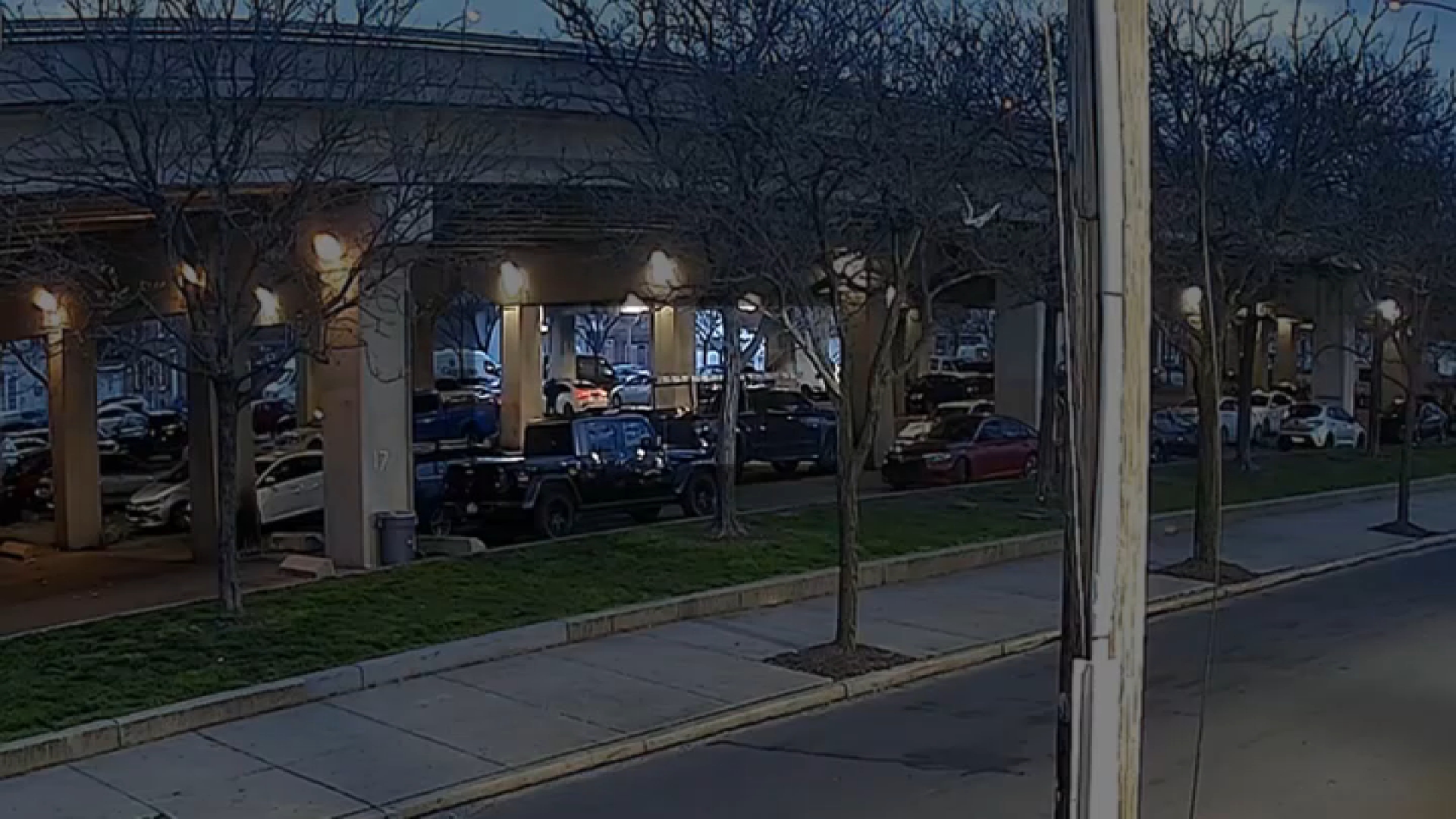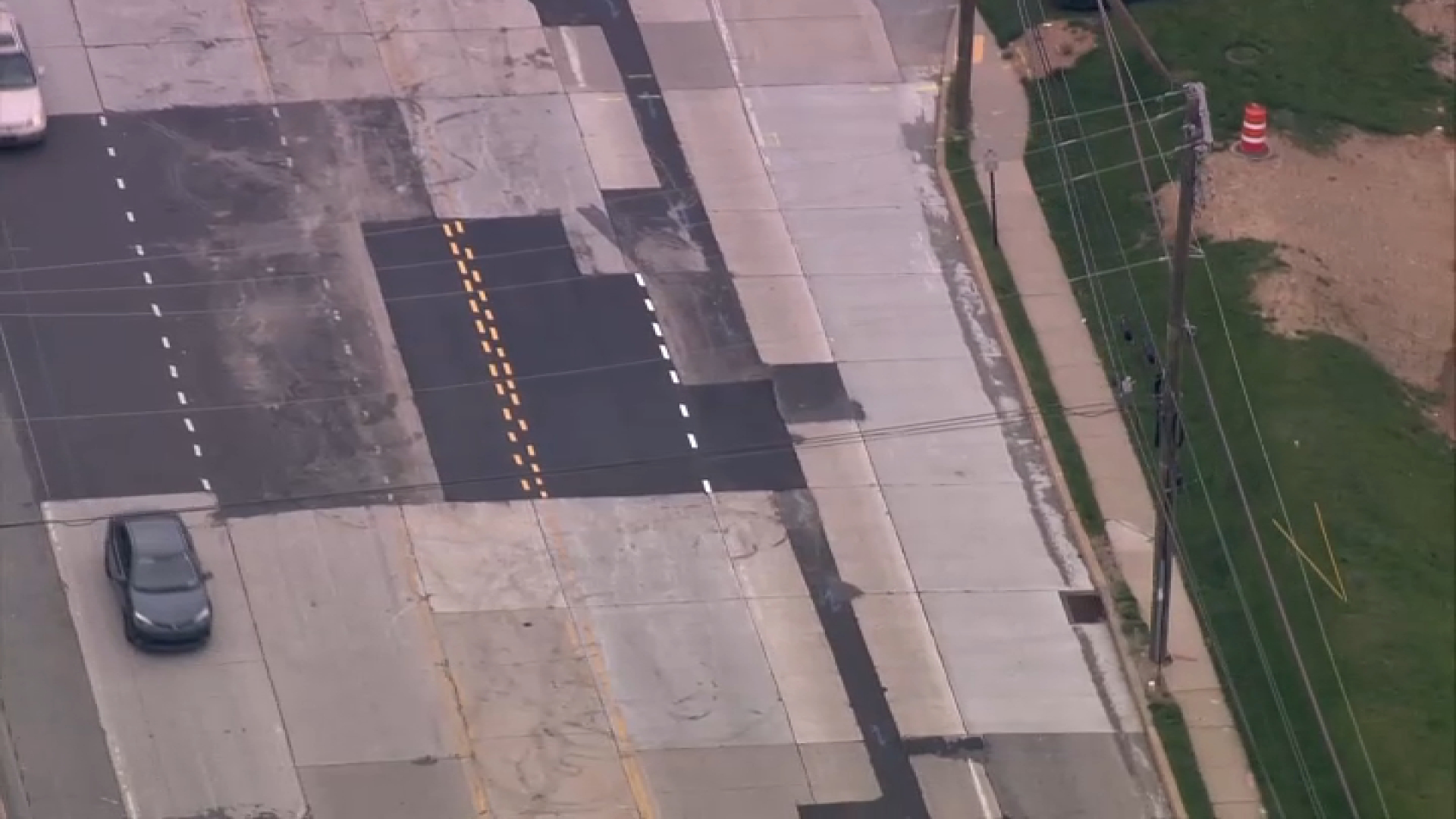Philadelphia’s opioid crisis is only getting worse, according to a report issued by the mayor’s task force.
In 2016, 907 people died from overdoses, more than three times the number of homicides in Philadelphia.
But officials project as many as 1,200 people could die from opioid-related overdoses this year, with thousands more suffering from non-fatal overdoses, according to Mayor Jim Kenney’s Task Force to Combat the Opioid Epidemic.
“The opioid crisis is one that strikes all of us,” David T. Jones, the Department of Behavioral Health and Intellectual Disabilities Services, said.
“Only by talking about how it affects us can we help stop folks from becoming addicted in the first place and help those in search of recovery. We need to pull this epidemic out of the shadows and hold everyone accountable to see it end.”
One possible solution for the burgeoning epidemic is supervised injection sites, an idea recently praised by the Democratic nominee for Philadelphia district attorney. It’s an idea that remains untested in the United States, but has shown some success in Canada and Europe.
“If there’s a chance that [these injection sites] can reduce the harms that this national crisis is inflicting, we have a moral obligation,” Larry Krasner said. “I don’t think saving lives in controversial.”
Local
Breaking news and the stories that matter to your neighborhood.
Currently, the only legal safe injection site operates in Vancouver, Canada. But the idea is not new to Philadelphia, where advocates and lawmakers have called for something similar to be placed near heroin hotbeds, such as the Kensington and Fairhill neighborhoods.
A petition calling for Philadelphia to create safe injection clinics was made earlier this year. So far it’s gained 1,742 supporters.
"We're ready to heal," Dan Martino, a local activist who started the petition earlier this year, told NBC10. "We're ready to move forward. We're ready to beat this."
Recently, Martino joined hundreds of people dressed in black as they marched through Kensington on Overdose Awareness Day. Attendees said they felt trapped in their own neighborhoods and judged by people who don’t understand the epidemic.
“They're not junkies. They're not scumbags. They're people that we love," said Ronnie Sue Kiser.
Nationally, drug overdose deaths involving heroin increased from 8 percent in 2010 to 25 percent in 2015, according to a study by the Center for Disease Control and Prevention. Similarly, overdose deaths involving synthetic opioids increased from 8 percent in 2010 to 18 percent in 2015.
In Philadelphia, more than 55,000 residents are thought to be misusing or abusing opioids, city officials said. Nearly 470,000 people used prescription opioids last year, according to report.
Often users will quickly move from powerful painkillers to heroin when they can no longer afford the legal drugs. NBC10 explored this transition and how the crisis is claiming an increasing number of lives in a special, six-month long investigation, Generation Addicted.



